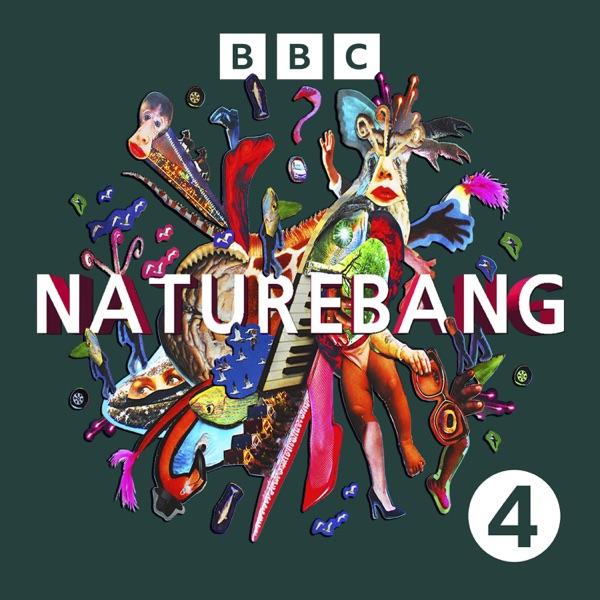
Becky Ripley and Emily Knight make sense of what it means to be human by looking to the natural world... Science meets storytelling with a philosophical twist.
Becky Ripley and Emily Knight make sense of what it means to be human by looking to the natural world... Science meets storytelling with a philosophical twist.

Becky Ripley and Emily Knight ask whether giving legal rights to things like rivers and forests changes how we think about the world that lives around us.
The Whanganui River, in New Zealand, is a legal person in the eyes of the law. It is legally defined as a living whole, from the mountains to the sea, and two local Maori tribe members speak on its behalf as its legal representatives. Other nations have had similar thinking: the Amazon rainforest in Columbia, one of the Great Lakes in the US, and the River Ganges in India all have legal personhood, as does land in Ecuador and Bolivia, where Mother Earth is recognised as a legal person.
Assigning personhood to non-human things is not a new idea. Since the late 1800s, corporations have been granted legal personhood, giving them the rights to hold property, enter into contracts, and to sue or be sued. Then in 1972, Christopher Stone, himself a Professor of Law, published the essay ‘Should Trees Have Standing?’, arguing that if corporations can have personhood, why can’t natural entities?
Does the act of doing this reframe our relationship to the natural world, as something which lives not just for us, but alongside us in its own right? And as the law extents rights to nature, does that - in turn - extend our empathy towards the more-than-human world?
Featuring Dr Rāwiri Tinirau, advisor on Māori and Indigenous human rights, and Anna Grear, Professor of Law and Theory at Cardiff University and founder of the Journal of Human Rights and the Environment. Produced and presented by Emily Knight and Becky Ripley.